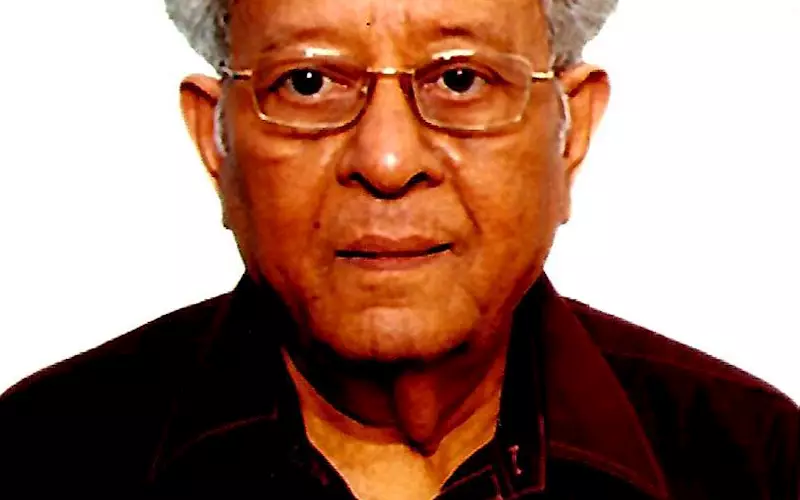K S Venkataraman: "The Government does not answer individual queries from AIFMP"
K S Venkataraman - chairman, finance & taxation committee – AIFMP.
08 Jan 2013 | By Samir Lukka
Ramu Ramanathan (RR): How does the taxation system work?
K S Venkataraman: In the matter of taxation, the system presently in vogue works on the basis of -- The ‘Act’ (here, in the case of Service Tax the Finance Act, as no separate legislation like the Central Excise Act or the Income Tax Act has been enacted). Then there are the ‘Rules’ framed under the Act. This is followed by a series of notifications which are gazetted; and finally the Case Law on the subject.
RR: How can a small or medium sized approach the Government?
K S Venkataraman: The Government does not answer individual queries, even if it is from a trade or industry association, like the All India Federation of Master Printers.
RR: How can a print firm prevent harassment from officials?
K S Venkataraman: Even though great care is exercised by the Government in drafting the legislations, rules and notifications, interpretational problems do arise off and on. This is true of all enactments; and these can be sorted out only by resorting to the appellate route, starting with the Departmental Officers – who administer the legislation and are clothed with “quasi-judicial” powers – and thereafter through tribunals and courts of law.
RR: What is the best route for an untenable interpretation?
K S Venkataraman: We should consider ourselves lucky if the issue gets settled at the assessing officers’ level; because, by and large, even untenable interpretations are sustained by them, in the interest of revenue, leading to inevitable appeals. There are issues which have gone up to the Supreme Court, and still failed in terms of equity vis-à-vis the provisions in the enactments.
RR: Sir, what about your role as the Advisor: Finance & Taxation Committee with the AIFMP?
K S Venkataraman: Since the 1980s, I have been representing to the Government that wherever such interpretational problems centering upon the ‘legislative intent’ crop up, leaving the assessing officers as well as the assessees in doubt, the former should be directed to refer the issue to the CBEC & ST for final solution, in order to eschew long-drawn litigation. But, I have not been successful.
RR: Your view on the changes in the taxation of services in the Budget of 2012?
K S Venkataraman: … Sweeping changes have been made in the whole scheme of taxation of services in the Budget of 2012, the Ministry of Finance has been merciful in issuing the comprehensive clarificatory letter D.O.F. No. 334/1/2012-TRU dated 16.03.2012.
RR: In real terms, what does it mean?
K S Venkataraman: there are four Annexures: (a) Annexure A: Detailed draft guidance paper (GPA for short); (b) Annexure A 1: The Negative List; (c ) Annexure A 2 : The Mega Exemption Notification; (d) Annexure A 3 : List of other exemptions.
RR: And these changes are the most the Government did??
K S Venkataraman: Yes, this is as much as the Government could do. If any glitches still arise, it is hoped that appropriate amendments in the scheme would be brought in, if we address the M.O.F. Failing that, the issue can be resolved only through the appellate route.
RR: One request which came from one of Indian’s largest converter is, can one get a formal official letter from the Government of India which clearly states the position on serviced tax …
K S Venkataraman: Against the back-drop described above, I wonder whether you will be able to change this system.











 See All
See All